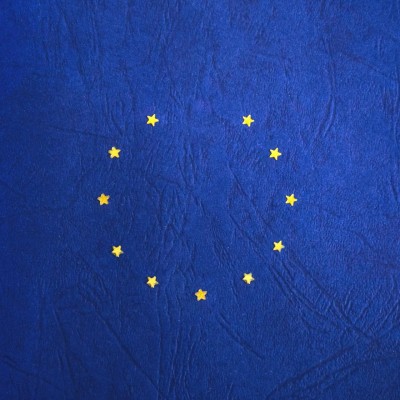
Post-Election EU News
The European Parliament elected Ursula von der Leyen as President of the European Commission in a secret ballot on July 18. This will mark her second term as Commission President. Regarding culture, her 31-page candidate programme includes these few lines: ‘We will focus on the things that make up our European way of life: our culture and history. I want to make it easier for people – especially younger generations – to benefit from our rich and diverse cultural heritage’. You can read the full programme here.
The next steps involve the nomination and endorsement of the College of Commissioners. Given the uncertainty surrounding the future distribution of portfolios, we urge European policymakers to ensure that culture has a dedicated and distinct place within this distribution. It is essential that this responsibility is given to a strong Commissioner who is committed to championing the central value of culture for Europe.
Moreover, following the European elections, the European Parliament has now shaped its committees for the coming years. The Culture and Education Committee includes 30 members representing the political groups as follows:
- European People’s Party (EPP): 8 members
- Socialists & Democrats (S&D): 6 members
- Patriots for Europe (PfE)*: 4 members
- Renew Europe (RE): 3 members
- European Conservatives and Reformists (ECR): 3 members
- Greens/EFA: 2 members
- The Left: 2 members
- Europe of Sovereign Nations (ESN): 1 member
- Non-attached: 1 member
The largest group, the EPP, outlined in its party manifesto plans to develop a Digital Museum of European Culture, which aims to digitally connect key museums, and to establish a European Cultural Heritage Fund. While the Party of European Socialists does not have a detailed chapter on culture, it does emphasise the right to culture as a fundamental aspect of democracy. For a detailed analysis of the cultural positions of various European parties, read our overview here.
The newly elected Chair of the Committee is Nela Riehl from Germany, representing the Greens/EFA Group and Volt, Europe’s only pan-European party. Volt does not specifically address culture in its platform, but the Greens typically recognise culture's crucial role in the green transition and support artistic freedom and experimentation. Riehl secured the position with 18 votes, defeating her opponent, Malika Sorel from France, who represents Patriots for Europe and received 11 votes.
*The Patriots for Europe is a newly established group of the Hungarian Prime Minister Viktor Orbán (Fidesz). It is currently the third largest group in the Parliament. The other group members are the National Rally (France), League (Italy), Vox (Spain), Chega (Portugal), Action of Dissatisfied Citizens (Czech Republic), Oath and Motorists (Czech Republic), Christian Democratic People’s Party (Hungary), Freedom Party (Austria), Party for Freedom (Netherlands), Vlaams Belang (Belgium), Danish People’s Party, Voice of Reason (Greece), and Latvia First. This new group is concerned about preserving Europe’s cultural identity and protecting Europe from ‘all potential threats’, including those coming from ‘the cultural sphere’.
